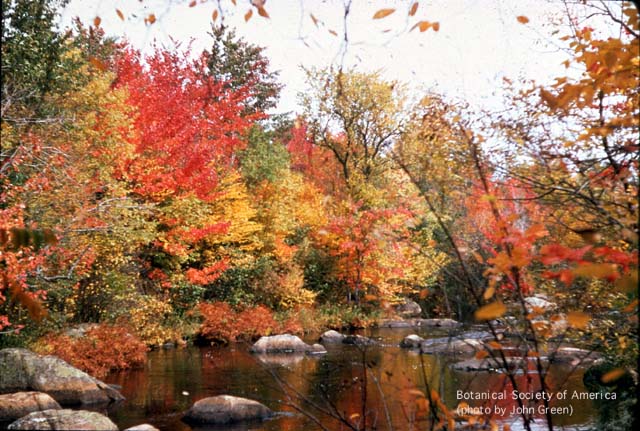Ecology and Field Biology
- BIO 221
- Dr. Janet Morrison, The College of New Jersey
- Prerequisite: BIO 185, Themes in Biology
 This course is a required core course for all Biology majors (it can also be taken with other professors, and is offered every semester). In addition, it is recommended for students pursuing employment and/or graduate study in ecology and or/evolutionary biology, environmental science, botanical science, zoology, wildlife biology, conservation, agriculture, geology, oceanography, education, and more.
This course is a required core course for all Biology majors (it can also be taken with other professors, and is offered every semester). In addition, it is recommended for students pursuing employment and/or graduate study in ecology and or/evolutionary biology, environmental science, botanical science, zoology, wildlife biology, conservation, agriculture, geology, oceanography, education, and more.
Course catalog description: An introduction to modern ecology. The interactions that determine the distribution, abundance, and function of organisms, populations, and species are examined both theoretically and practically within an evolutionary context. Topics covered include physiological ecology, natural selection, population biology, species interactions, community relationships, and ecosystem dynamics. Lab and field activities emphasize quantitative and experimental approaches to the study of ecology.
In the sections that I teach, a large part of the lab is devoted to semester-long original research projects, carried out in small groups. With guidance from me you will identify an interesting ecological question, design an experiment or study to examine it, collect the data, analyze it statistically, and present the research in a class poster session and a formal scientific, referenced paper. In past years we have either done these projects in the lab, utilizing the rapid-cycling Brassica plants, or we have done them on campus but outdoors in the field, on a variety of organisms. These have included dragonflies, lake invertebrates, trees, vines, squirrels, herbaceous plants, and mallard ducks. We also take a number of field trips off campus to learn the natural history and do quantitative studies in a variety of ecological community types.
